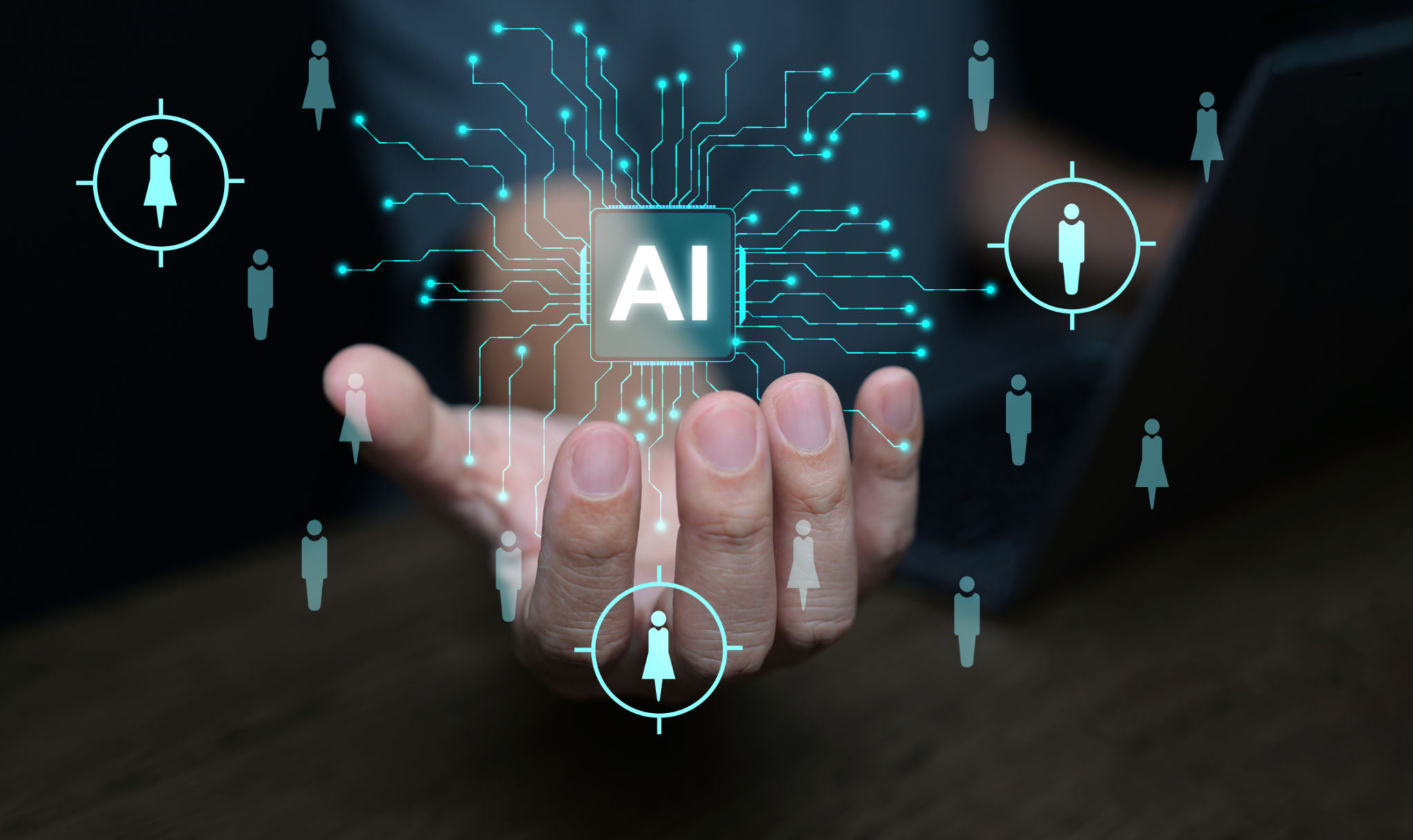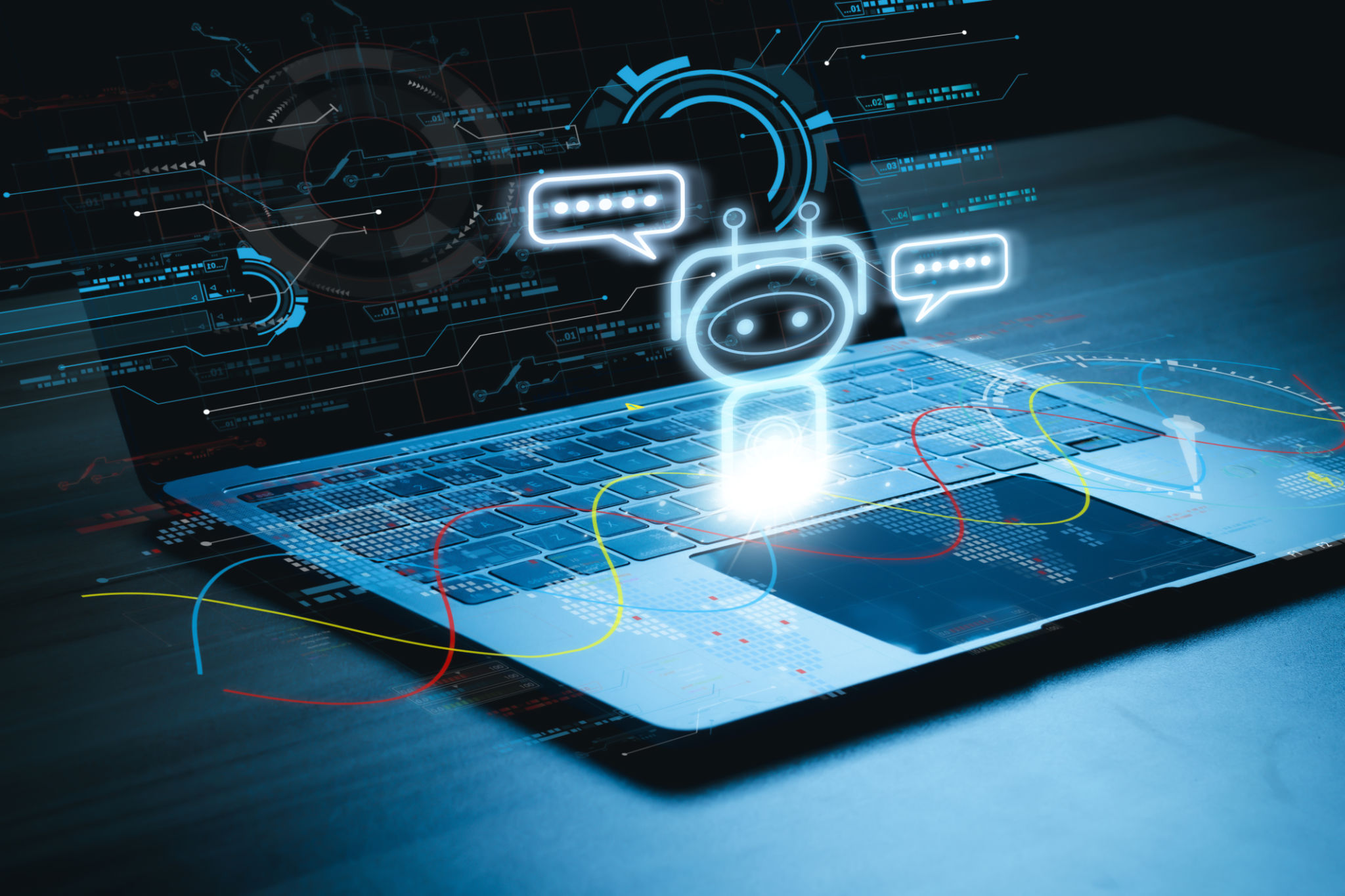The Future of Recruitment: Integrating AI for Smarter Workflows
The Role of AI in Modern Recruitment
As the landscape of recruitment continues to evolve, the integration of Artificial Intelligence (AI) is playing a pivotal role in reshaping processes and enhancing efficiency. Recruiters are now leveraging AI to streamline workflows, making hiring smarter and more effective. This technological advancement is not just a trend but a significant shift towards a more data-driven and analytical approach in HR.
AI in recruitment offers a myriad of benefits, including the automation of repetitive tasks, improved candidate matching, and enhanced decision-making. By reducing the time spent on manual processes, recruiters can focus more on strategic activities that add value to their organizations.

Enhanced Candidate Sourcing
One of the most significant impacts of AI in recruitment is its ability to enhance candidate sourcing. AI-powered tools can sift through vast amounts of data to identify the best candidates for a specific role. These tools use algorithms that analyze resumes, social media profiles, and other online information to match candidates to job descriptions more accurately.
This capability not only speeds up the sourcing process but also improves the quality of hires. By relying on AI, recruiters can reach passive candidates who may not be actively looking for new opportunities but are perfect matches for open positions.

Automating Repetitive Tasks
AI in recruitment is also transforming how administrative tasks are handled. Tasks like scheduling interviews, sending follow-up emails, and collecting candidate feedback can be automated with AI tools. This automation reduces the workload on HR professionals and allows them to dedicate more time to engaging with candidates and developing recruitment strategies.
Moreover, AI chatbots can be deployed to interact with candidates, answer their queries, and guide them through the application process. This not only enhances the candidate experience but also ensures that no potential hire slips through the cracks due to lack of timely communication.

Data-Driven Decision Making
AI provides recruiters with deep insights into various metrics that drive recruitment strategies. By analyzing data on candidate behavior, market trends, and hiring outcomes, recruiters can make informed decisions that are backed by evidence rather than intuition.
This data-driven approach helps in predicting future hiring needs, optimizing job postings for better visibility, and understanding the factors that contribute to successful hires. It brings a level of precision to recruitment strategies that was previously unattainable.
Challenges and Considerations
Despite the advantages, integrating AI into recruitment processes also presents challenges. One major concern is ensuring fairness and avoiding bias in AI algorithms. It's crucial for organizations to regularly audit their AI systems to prevent any form of discrimination based on gender, race, or age.
Additionally, there is a need for continuous learning and adaptation as AI technology progresses. Recruiters must stay updated with the latest developments in AI to fully leverage its potential while being mindful of ethical considerations.

The Future Outlook
The future of recruitment with AI is promising. As technology advances, we can expect even more sophisticated tools that will further enhance the recruitment process. Virtual reality (VR) interviews, predictive analytics for employee retention, and AI-driven onboarding processes are just a few innovations on the horizon.
Ultimately, AI will continue to empower recruiters to make smarter, faster, and more informed decisions, creating a dynamic and efficient recruitment environment. Organizations embracing these changes will position themselves at the forefront of attracting and retaining top talent in an increasingly competitive landscape.